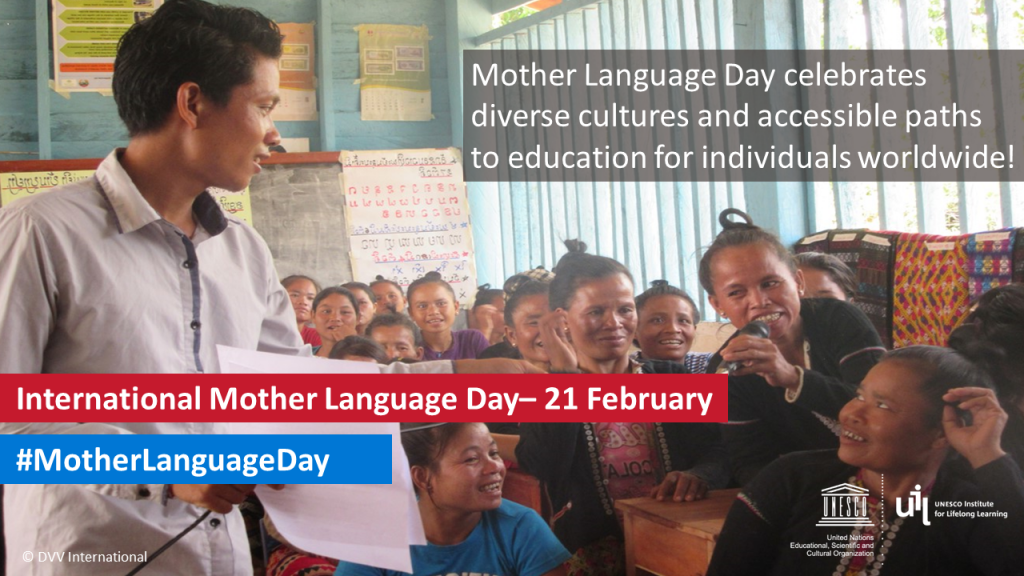
To coincide with International Mother Language Day, UIL’s journal, IRE, is celebrating the resilience of the world’s Indigenous peoples and the contribution of Indigenous knowledge to sustainability. Its editor, Stephen Roche, explains
Today, 21 February, UNESCO and its global partners celebrate International Mother Language Day, this year on the theme of ‘Indigenous languages matter for development, peace building and reconciliation’. I am very proud to announce that, to coincide with International Mother Language Day, the International Review of Education – Journal of Lifelong Learning (IRE) will publish a special issue on ‘Indigenous knowledges as vital contributions to sustainability’.
This issue began to take shape in late 2016, when I approached Miye Tom – a Native scholar from the United States who had recently published with us – with the suggestion that she put together a proposal for a special issue on Indigenous education and knowledge. Together with two highly qualified and motivated scholars, Elizabeth Sumida Huaman and Teresa McCarty, she suggested that we not only make the special issue about Indigenous knowledge, but also approach Indigenous authors to write it. Continue reading

